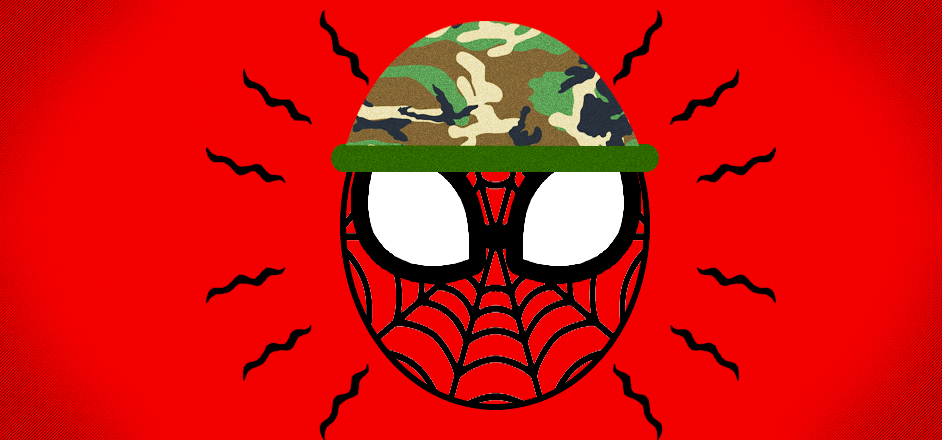If you’ve ever had an eerie sense of premonition — a strong, subconscious feeling that something bad is about to happen — then you’ve inadvertently used your “sixth sense,” a valuable ability the American military is attempting to research, train and instill in its soldiers.
Several years ago, the Office of Naval Research commenced a 4-year, $3.85 million research program to investigate the phenomena of intuition and premonition, or as the scientists involved sincerely call them, “Spidey senses.”
If properly honed, those tingly sensations can prevent soldiers from walking into ambushes, stepping on IEDs, or falling victim to snipers and booby traps. And although our inexplicable feelings of foreboding may seem more spiritual than physically concrete, these sensations are not entirely supernatural, the Navy asserts.
So the military’s scientific community is now investing its time, its money, and its best analysts to a pursuit that seemingly transcends the laws of nature — harnessing the subconscious and teaching soldiers the ability to "detect and act on unique patterns without consciously and intentionally analyzing them.”
They say it's not based on superstition — it's based on experience. For example, a staff sergeant in Iraq in 2006 used his intuition to avoid an IED.
Military scientists are far from the first to foster an interest in humans’ sixth sense. For over a century, investigations into extrasensory perception (ESP) — like telepathy, the psychic ability to send mental messages; telekinesis, the psychic ability to move objects; or clairvoyance, the psychic ability to see the future — have proven unable to offer any convincing evidence of the existence of paranormal phenomena. So the Navy is careful to protect its legitimacy by differentiating its extrasensory studies from those rejected pseudosciences, calling their practice “sensemaking.”
“The term ‘sixth sense’ is evocative, but risks conveying the idea that intuition is a psychic or paranormal phenomenon,” John Kounios, a psychological researcher at Drexel University, told The New York Times. “When an idea appears as an ‘aha’ moment, people often think that this is a psychic phenomenon because they don’t know where the idea came from. But it’s the product of unconscious information processing.”
On the battlefield, that calculated subconscious “sensemaking” may mean the difference between life and death. By training soldiers to avoid dangers by using their intuitive capabilities, the military hopes to instill the reflexes and instincts of battle-hardened veterans into vulnerable first-deployment newbies.
In order to teach the sixth sense, military scientists must first build computer programs modeling how intuition works, and then use these platforms to design training programs which help soldiers learn to tune in to their intuitive abilities. The training would initially take place in realistic battlefield simulations, then in unmanned drone operations, and eventually, out in the real world.
With the U.S. military’s scientific investigation into human intuition, our sixth sense may soon become an extrasensory perception that can be studied, understood and instilled in any willing student. Suddenly, our “Spidey senses” no longer seem simply like comic book superpowers.





Leave a Reply
You must be logged in to post a comment.